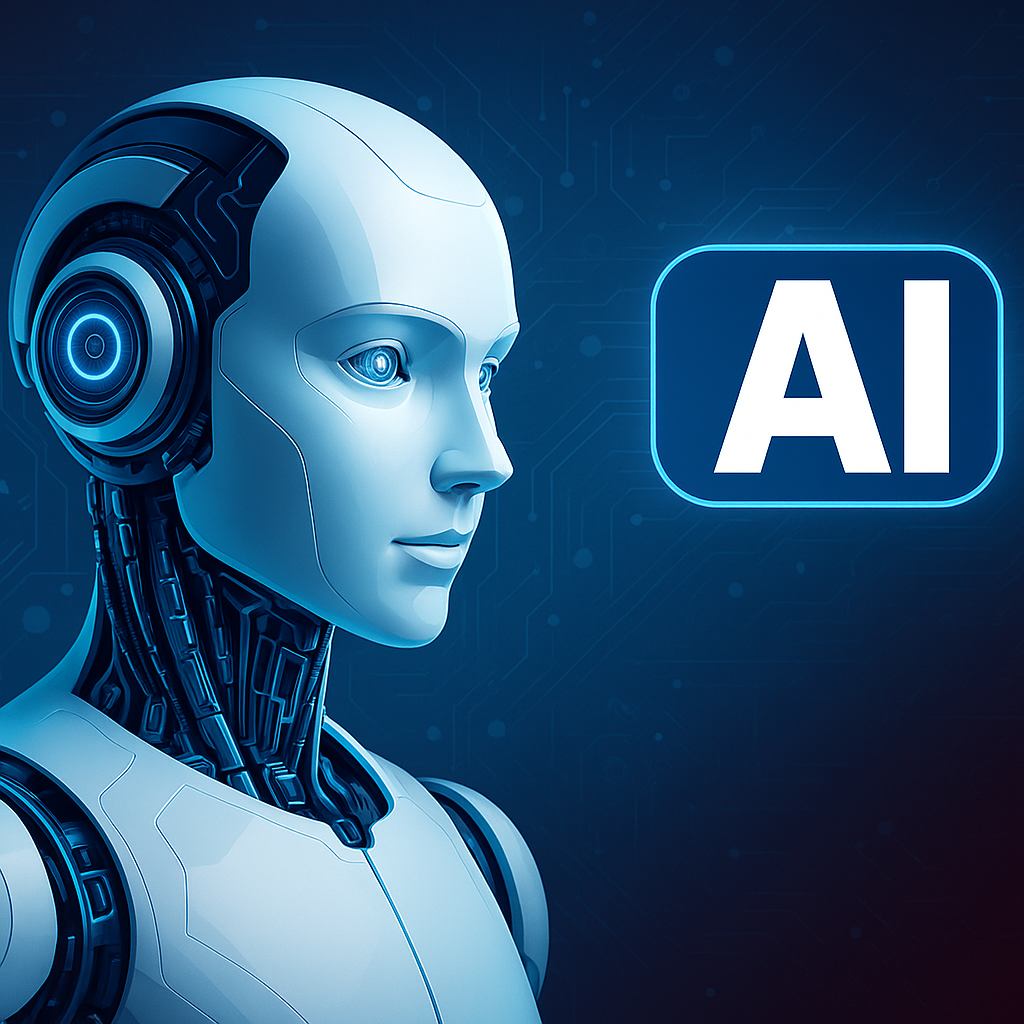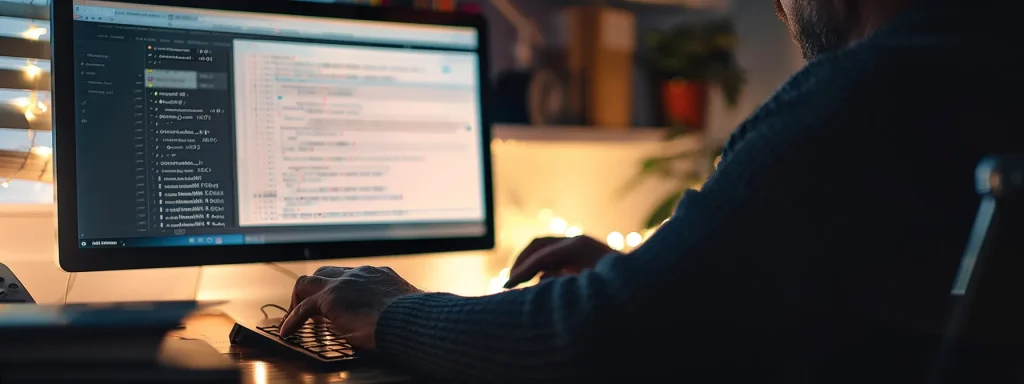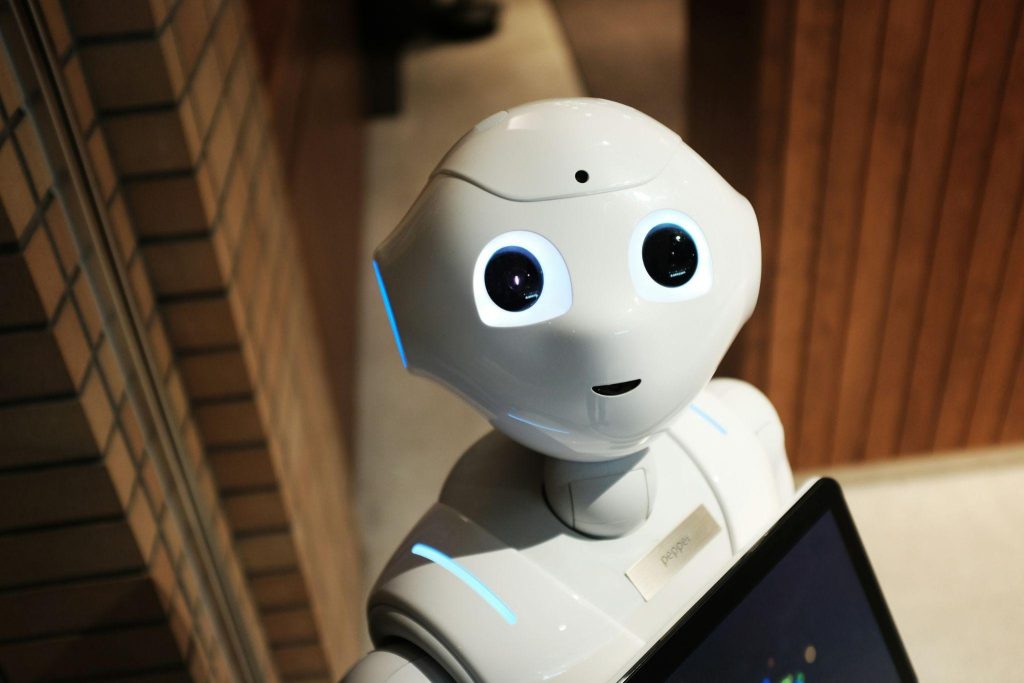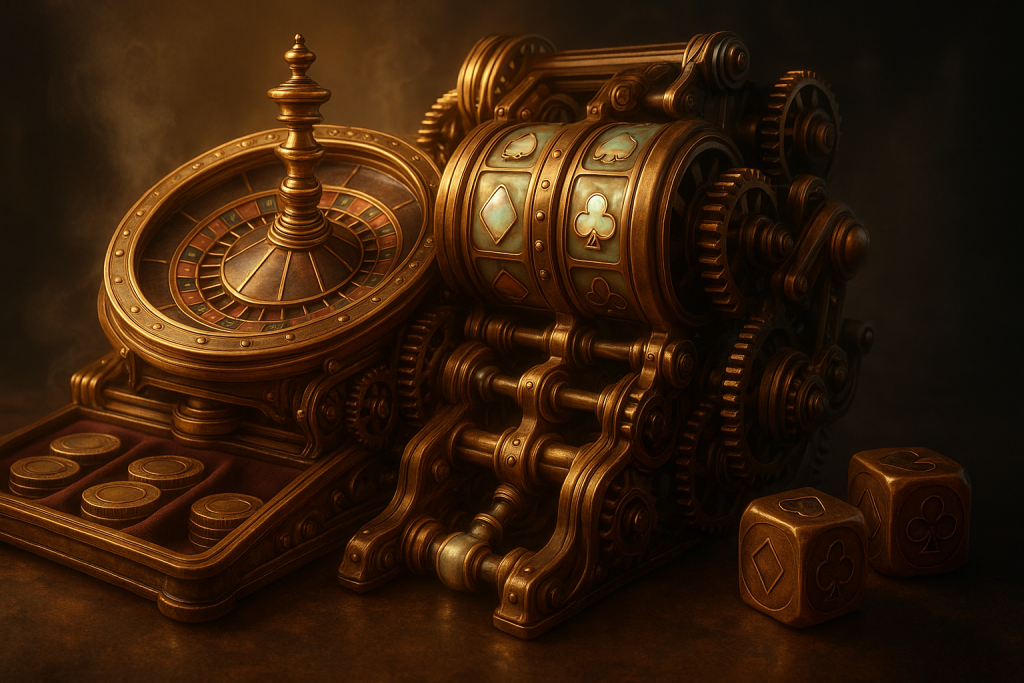Setting the Stage
Let’s be honest. Music has always been more than background noise. It’s the soundtrack to our lives. It pulls you back to your first heartbreak, pumps you up before a big game, and gives you goosebumps in the middle of a concert crowd.
Now enter Artificial Intelligence. Machines aren’t just recommending songs anymore, they’re creating them. Full beats, polished vocals, even lyrics that sound convincing. Some people find this groundbreaking, others find it terrifying. The million-dollar question: is AI the coolest collaborator music has ever seen, or is it quietly draining the soul out of the art we love?
From Vinyl to Virtual: A Quick History
Music tech has always pushed boundaries. Vinyl gave way to cassettes, cassettes to CDs, CDs to MP3s, and now streaming dominates. Each shift changed how we listened, but not necessarily what we valued.
AI is different. It doesn’t just change distribution it changes creation itself. Instead of being a channel, it’s stepping on stage. That’s why the debate is so heated.
The Cool Side of AI in Music
Before we panic, let’s admit the good stuff. AI in music does have serious perks:
- Access for everyone: A kid with a laptop and zero training can experiment with composing. That’s revolutionary.
- Time saver: Need background tracks for YouTube, TikTok, or an indie film? AI can generate them instantly.
- Creative sparks: Sometimes musicians get stuck. AI can throw out fresh melodies or weird chord progressions that break the block.
- New blends: Ever wondered what jazz mixed with dubstep would sound like? Machines don’t hesitate to mash genres.
Used wisely, AI is like a jam buddy who never gets tired.
Where It Starts to Feel Wrong
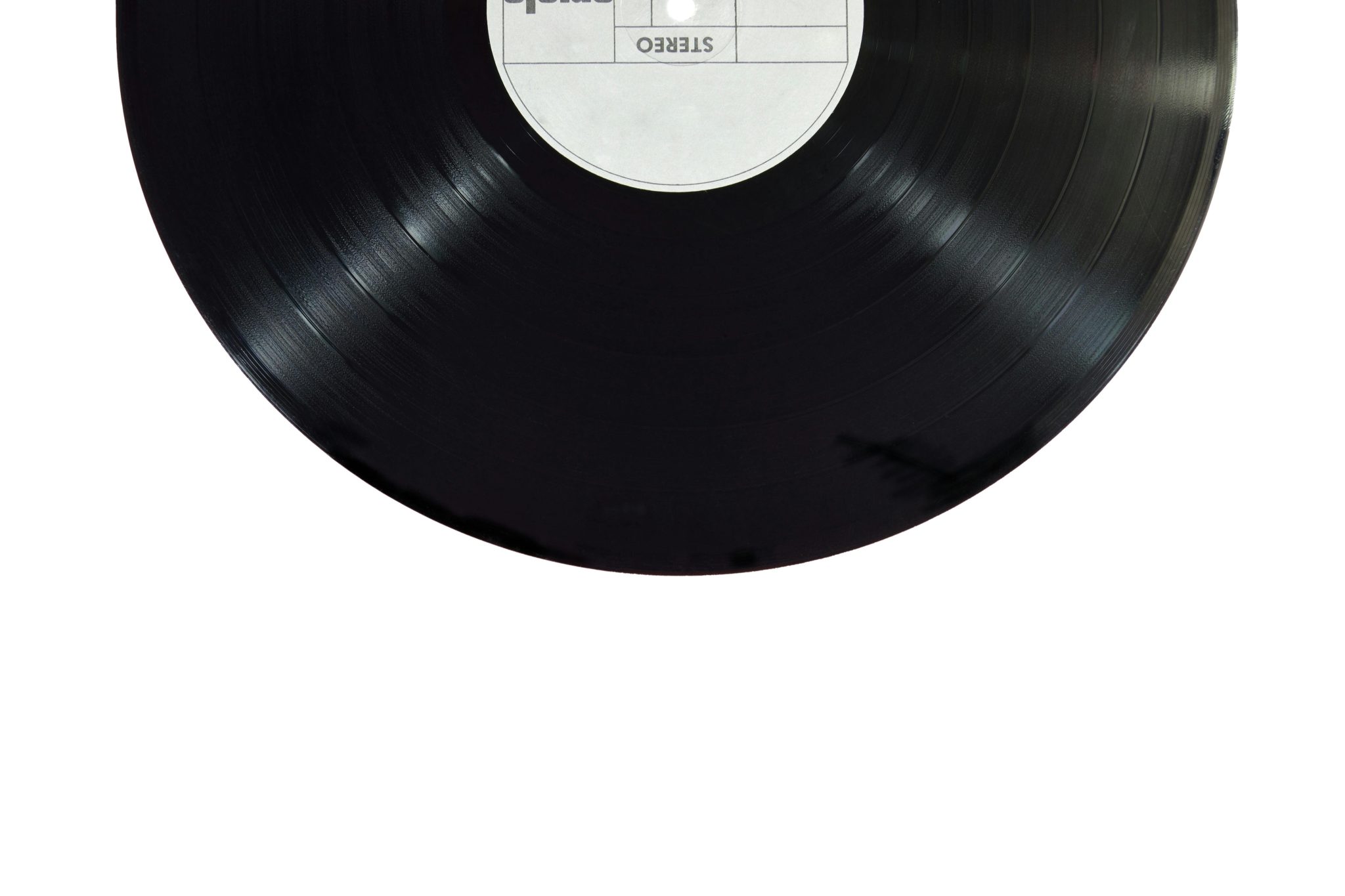
Still, let’s not sugarcoat it. Plenty of people hate the idea of AI music. Why? Because music isn’t only about structure. It’s about feeling.
- No life behind the notes: When Johnny Cash sings, you hear his life in the cracks of his voice. When AI sings heartbreak, it’s just math.
- Sameness: Algorithms love patterns. Too much AI-generated stuff risks sounding bland—optimized for clicks, not chills.
- Threats to jobs: Composers, session players, background vocalists many fear being replaced by endless machine tracks.
- Loss of imperfection: Humans mess up. That offbeat drum or raspy note often makes a performance unforgettable. Machines polish those away.
Without human fingerprints, music risks becoming soulless wallpaper.
Real Stories, Real Friction
Remember when that fake Drake and The Weeknd song blew up online? At first people were impressed. Then the unease hit. Sure, it sounded like them, but it wasn’t. Fans were left asking: is this music, or just mimicry?
Compare that to artists who use AI as a tool, not a ghostwriter. An indie singer might use AI to sketch a backing track but still record live vocals and guitar. That balance machine support, human heart is where it actually works.
What Music Really Means
Think about the songs you love most. Chances are, they aren’t flawless. Maybe the singer cracked a note. Maybe the beat dragged for half a bar. But you felt something.
That’s the magic AI hasn’t cracked. It doesn’t remember the smell of a high school gym dance, or the pain of losing a friend. It can’t channel nostalgia, joy, or grief. It can only simulate.
And simulations, no matter how slick, can’t fully replace real stories.
Humans + Machines: Can They Play Nice?
The good news? It doesn’t have to be a war. The most exciting path forward is collaboration.
Imagine AI handling the technical grind fixing pitch, suggesting harmonies, spitting out 20 beat variations. Then humans step in to add lyrics, emotion, and narrative. That’s not a replacement. That’s teamwork.
Musicians who treat AI like a new instrument (instead of a stand-in singer) are already showing it can work. It’s not about letting the computer steal the spotlight. It’s about expanding the toolkit.
What Do Fans Really Want?
We can’t ignore listeners. Fans don’t just buy music; they buy connection. A concert ticket isn’t for perfect notes, it’s for goosebumps, shared choruses, and messy human energy.
That’s why purely AI-generated music gets pushback. People aren’t allergic to technology. They’re allergic to losing the story behind the sound.
The Ethics Playlist
And let’s not forget the legal minefield.
- If AI clones a singer’s voice, who owns that track?
- Should artists get royalties when machines copy their style?
- What happens when fake versions of real musicians flood streaming platforms?
These aren’t just technical details. They’re questions that will shape trust in the industry. If fans can’t trust what they hear, the whole system cracks.
Avoiding Flat Notes: A Few Fixes
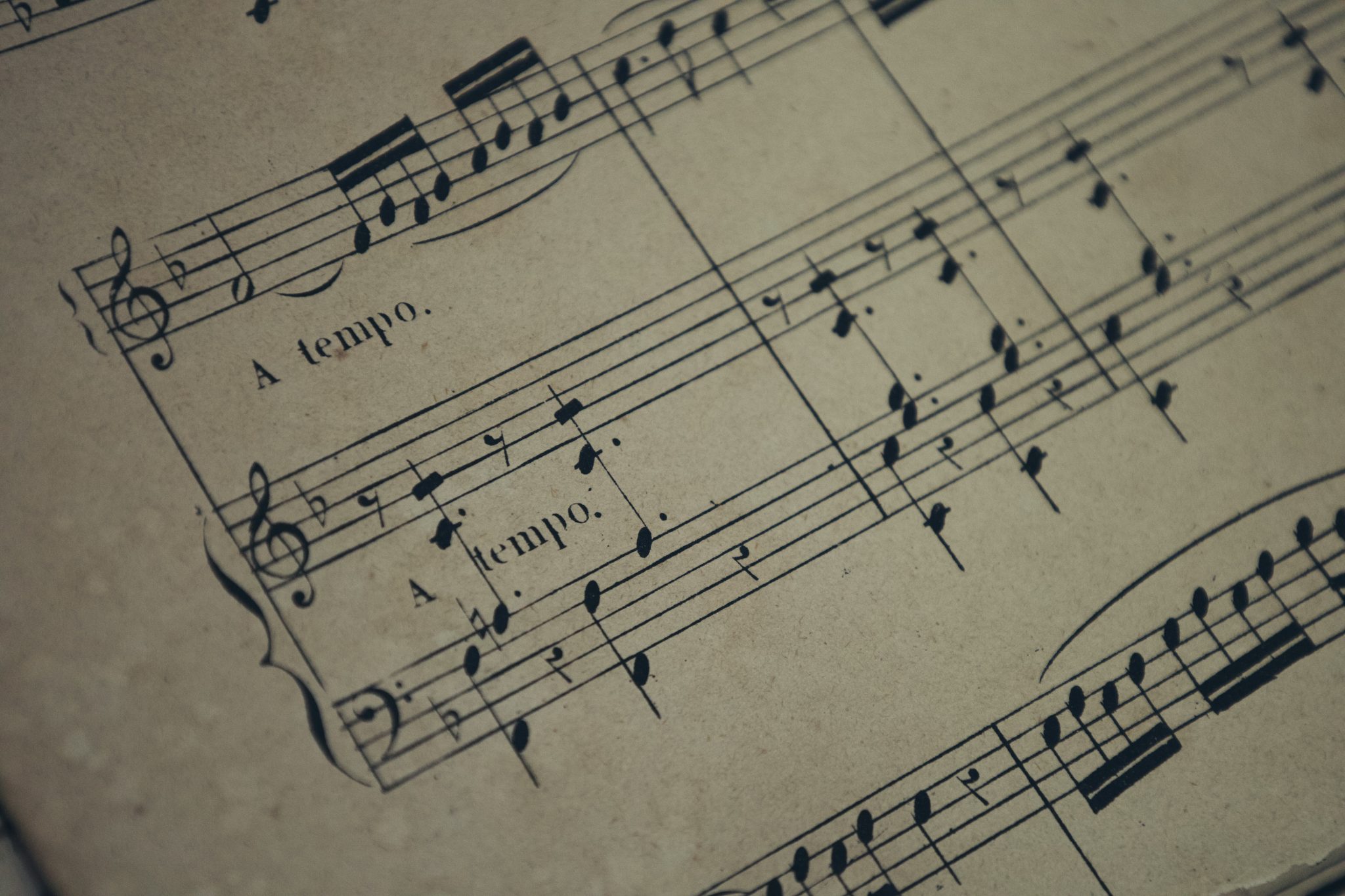
So how do we stop AI from becoming a creativity killer? A few simple (but important) ideas:
- Label it: Be upfront about when AI was used. Transparency builds trust.
- Set limits: Let AI help with structure, but leave heart and story to humans.
- Teach responsibly: Musicians need to learn how to use AI without letting it take over.
- Always keep a human in the loop: Machines can suggest, but artists should always make the final call.
Balance Beats Extremes
The loudest voices in this debate often miss the middle ground. Some people worship AI, others want to ban it outright. But the sweet spot is balance.
Think of it like photography. When cameras first came out, some said painting was dead. Instead, both forms thrived. AI could play a similar role in music opening new lanes without erasing the old.
A Quick Note on Writing Parallels
The music debate mirrors what’s happening in writing. AI writing tools can churn out text fast, but often it feels robotic. That’s why tools like ai humanizer exist to give machine-made words a more natural voice. The same principle applies in music: tech can help, but the human spark keeps it alive.
Wrapping It Up
AI in music isn’t going anywhere. The real question isn’t if we’ll hear AI-generated songs—it’s whether we’ll feel connected to them.
If we let machines replace people, we risk losing authenticity. But if we treat AI as a partner, not a rival, it could unlock creativity we’ve never imagined.
Music has always been about more than notes. It’s about emotion, memory, and connection. That’s something no algorithm can fully fake.
In the end, maybe the real test isn’t whether an AI track sounds good. It’s whether it makes someone close their eyes, remember a moment, and feel something. And that, no matter how advanced the tech gets, will always belong to humans.


